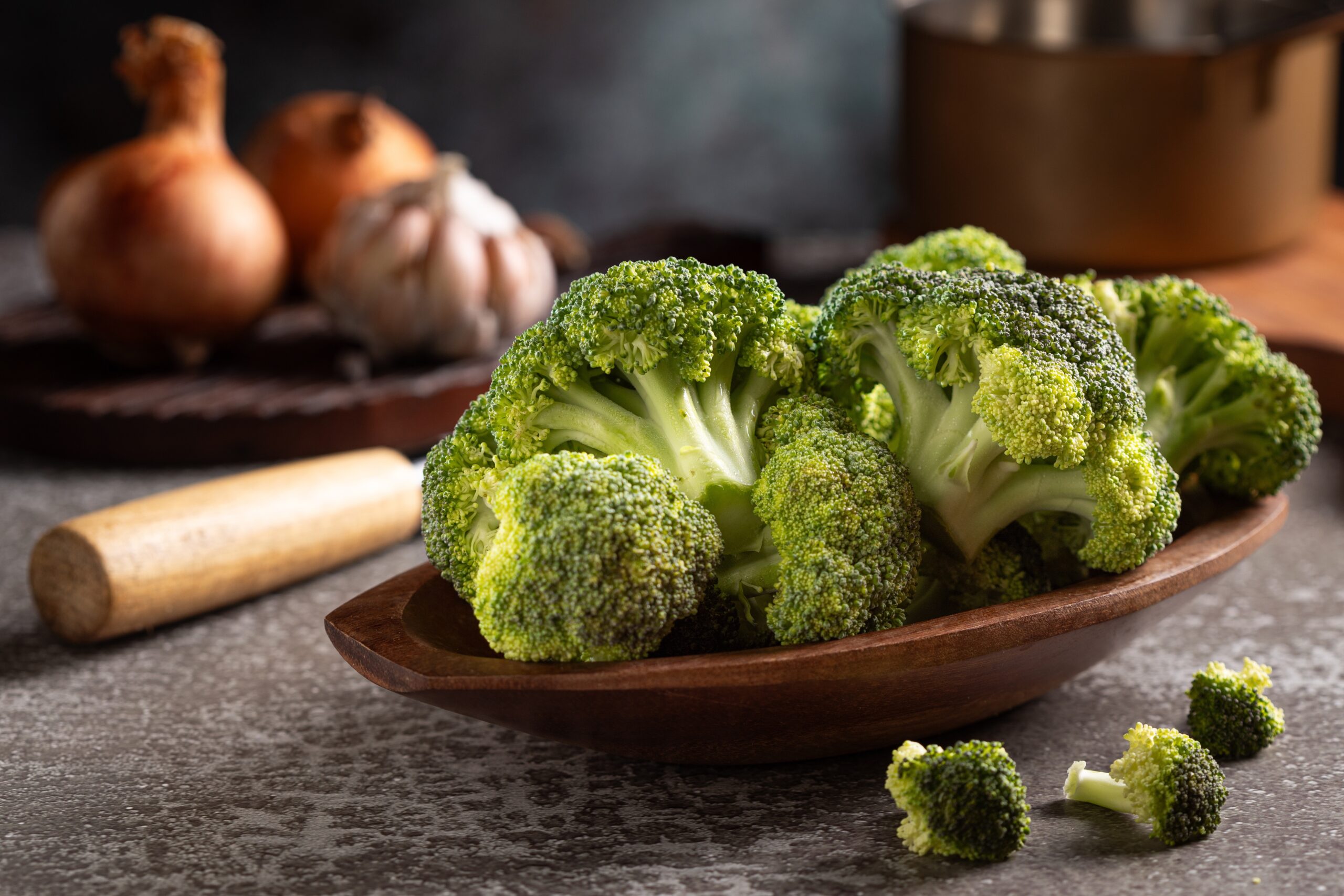Eating just a handful of broccoli daily could be the subtle shift that helps millions dodge one of the world’s deadliest diseases, according to a sweeping new analysis that’s causing a stir among nutrition experts and medical journalists alike.
Story Snapshot
- Meta-analysis finds 17% lower colon cancer risk with 20g+ daily cruciferous vegetable intake
- Protective effect plateaus at 40 grams per day
- Nearly 640,000 participants included, spanning two decades of research
- Findings may influence future dietary guidelines and public health strategies
Meta-Analysis Reveals a Potent Dietary Defense Against Colon Cancer
Researchers have delivered one of the most convincing cases yet that loading your plate with cruciferous vegetables—think broccoli, cauliflower, kale, and Brussels sprouts—may help fend off colon cancer. By pooling data from 17 separate studies and almost 640,000 people, scientists found a consistent pattern: those who ate at least 20 grams of these vegetables each day had a 17% lower risk of developing colon cancer than those with little intake. The benefit stopped increasing beyond the 40 grams per day mark, establishing a clear plateau that helps clarify how much is enough for maximum protection.
Colon cancer remains a global menace, the third most diagnosed cancer and a leading cause of death. With 1.9 million new cases and more than 900,000 deaths each year, the stakes are high. Diet is one of the few modifiable risk factors, and while previous research hinted at the value of cruciferous vegetables, this meta-analysis stands out for its rigorous dose-response analysis and massive sample size. Most studies focused on populations in North America and Asia, where colon cancer is especially prevalent and dietary habits vary widely.
The Science Behind Cruciferous Vegetables’ Protective Power
Cruciferous vegetables are nutritional powerhouses, containing compounds called glucosinolates. When these vegetables are chopped or chewed, glucosinolates break down into isothiocyanates—potent agents that support the body’s detoxification of carcinogens and promote the death of abnormal cells. Experts like Dr. Rao have highlighted these benefits, describing how these natural chemicals may act as the body’s own security detail against cancerous changes. The meta-analysis confirms what nutritionists have long suspected: it isn’t just folklore or wishful thinking, but a scientifically grounded defense mechanism.
Researchers caution, however, that the evidence—while robust—is not universal. Methodological differences among studies, reliance on participants’ recall of their diets, and limited diversity in the populations studied mean that the findings, while statistically strong, need further validation in underrepresented regions. The science is evolving, and future research may fine-tune recommendations, expand applicability, and adjust for global dietary differences.
Impact on Public Health, Policy, and Everyday Eating Habits
News outlets have jumped on these findings, with Fox News and Prevention spreading the word to mainstream audiences. Medical professionals and public health advocates see practical implications: small, sustainable changes to diet could help curb colon cancer rates. Short-term effects include a surge in public awareness and likely shifts in dietary advice. If these recommendations are widely adopted, the long-term impact could be substantial, with fewer cases of colon cancer and lower healthcare costs. For those at greatest risk, the message is clear—eat more cruciferous vegetables, but don’t expect miracles from consuming excessive amounts. Moderation and consistency are key.
Economic and social ripple effects are also in play. As demand for cruciferous vegetables grows, farmers and food producers may need to adjust. The food industry could begin promoting these vegetables more aggressively, and cancer prevention organizations might update their educational materials. The broader goal is to make preventive nutrition an integral part of cancer care and public health strategy—not just for colon cancer, but as a model for tackling other diet-related diseases.
Expert Insights and Ongoing Debate
Industry experts are both enthusiastic and cautious. Dr. Marc Siegel calls the study “extensive” and notes the marked decrease in colon cancer risk associated with higher cruciferous vegetable intake. But researchers behind the meta-analysis stress the need for more high-quality studies, especially in populations not represented by current data. Methodological heterogeneity and possible recall bias remain challenges, and publication bias was detected in the analysis. These caveats are not deal-breakers, but they highlight the complexity of nutritional science and the importance of ongoing research.
Experts agree that the case for cruciferous vegetables is strong, but not airtight. Conservative values and common sense suggest a prudent approach—embrace these vegetables as part of a balanced, fiber-rich diet, but don’t view them as a silver bullet. The American tradition of practical, evidence-based health advice finds firm footing here: make small, sustainable changes, and let future research guide refinements. The open question is whether future studies will confirm, challenge, or expand the promise of these vegetables. For now, the broccoli at dinner may be doing more than you think.
Sources:
BMC Gastroenterology — Cruciferous vegetables intake and risk of colon cancer
Citest Diagnostics — Study Summary
Fox News — Risk of colon cancer slashed by eating specific types of vegetables, study finds
Prevention — Cruciferous vegetables and colon cancer risk study








